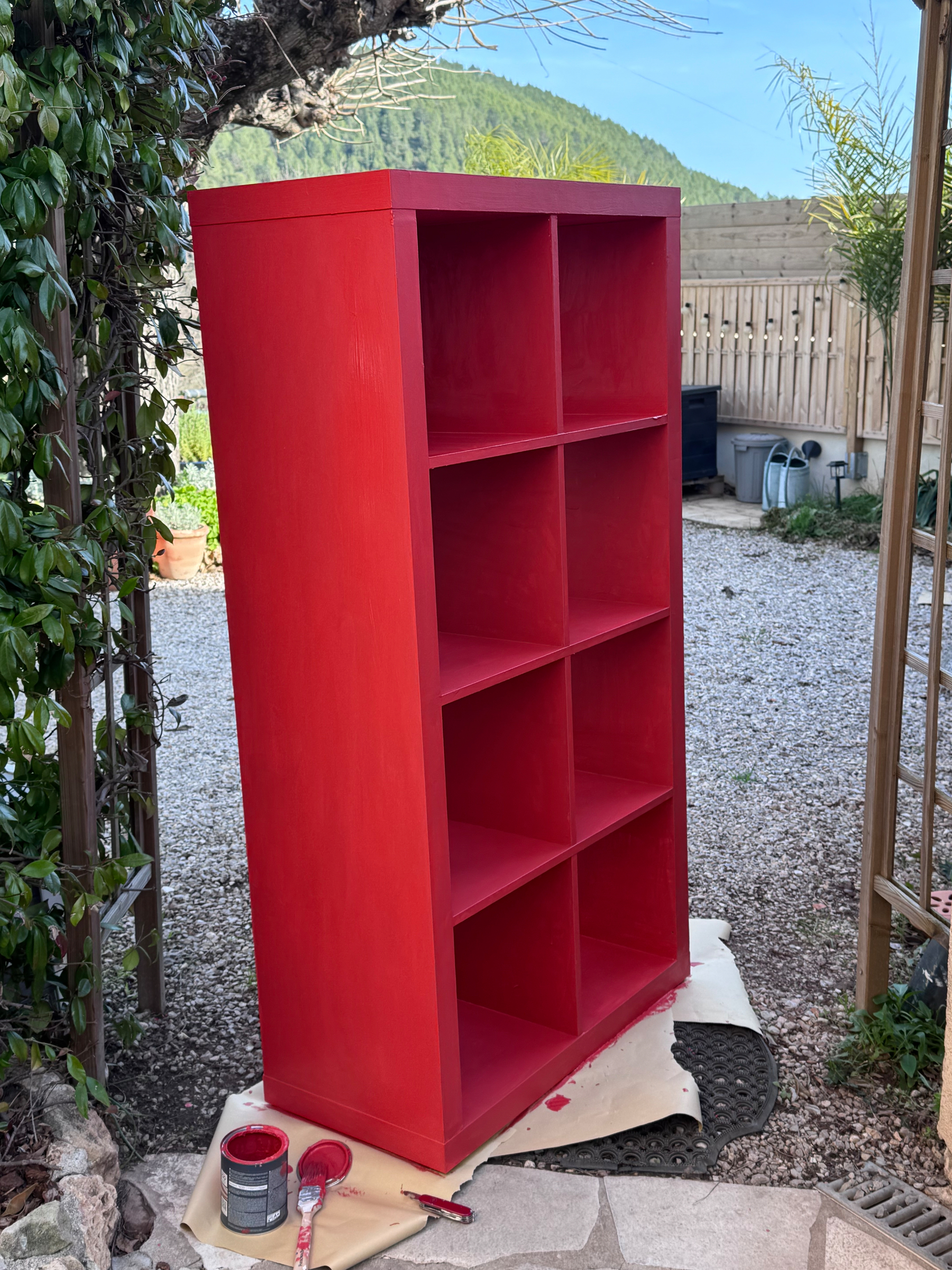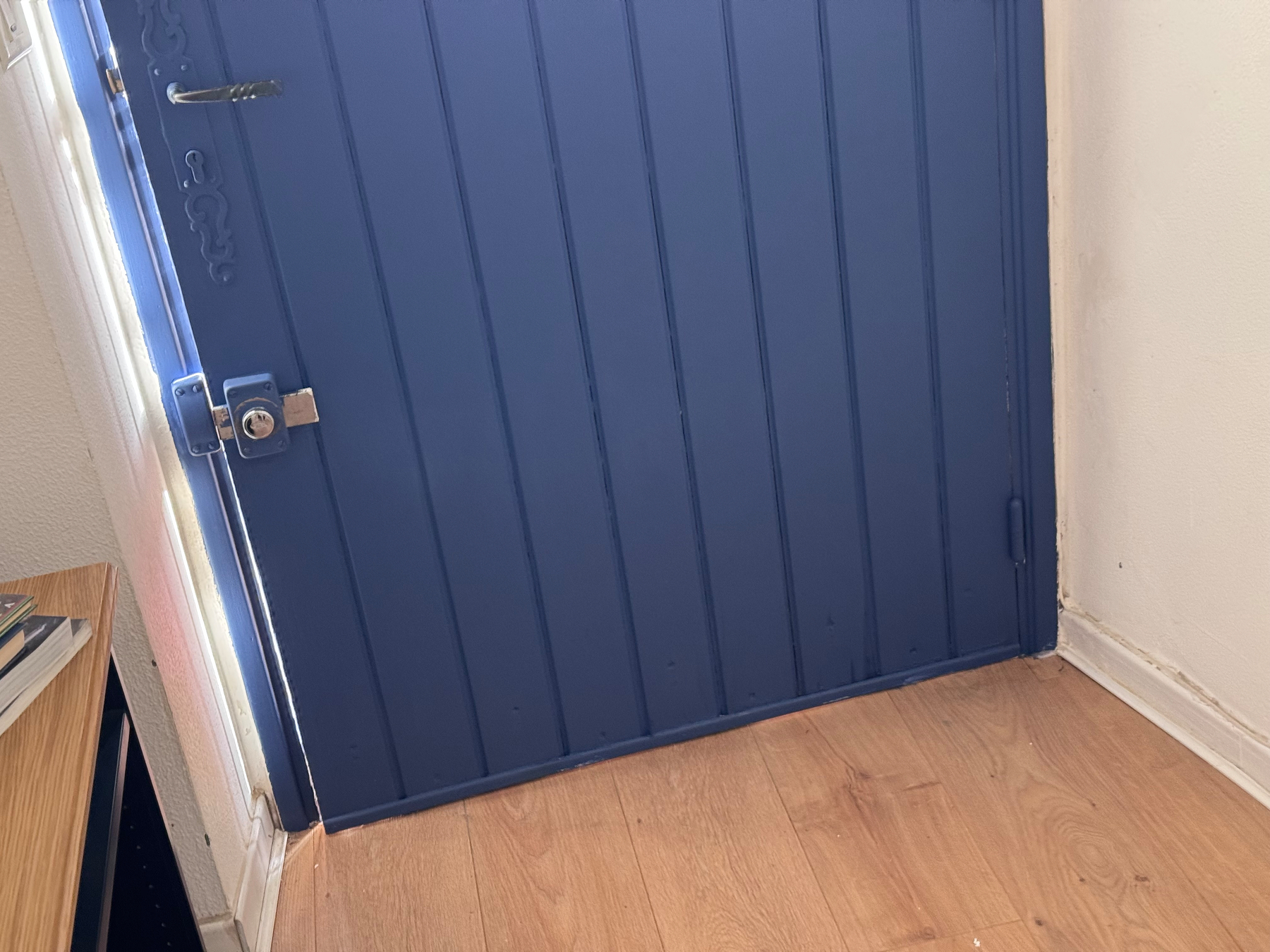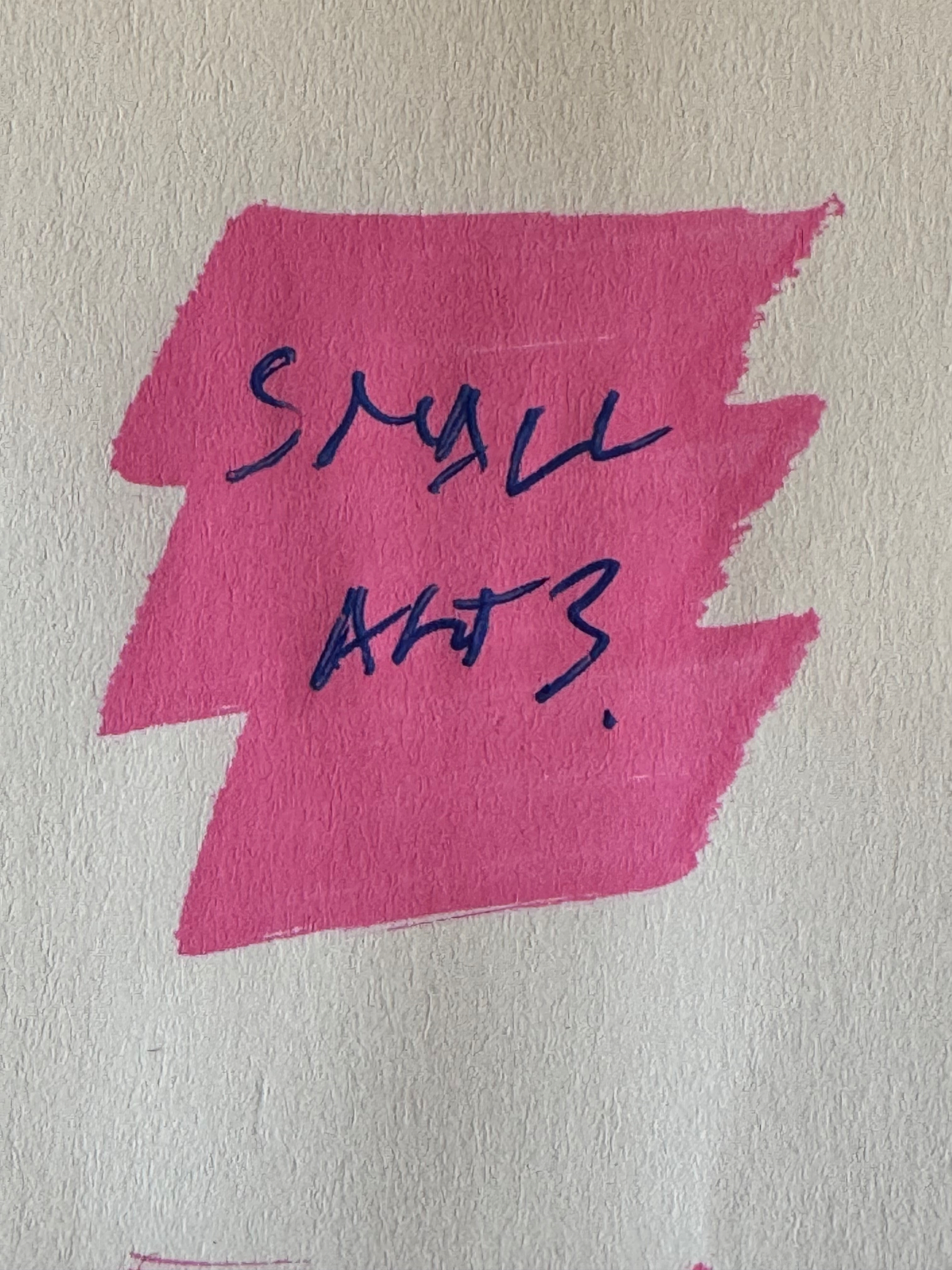In Red

In Red

In Blue

The Tools of Excellence
Number 10: The 3x5 Card
Pull a 3x5 index card from the stack. Write today’s three priorities. Or tomorrow’s meeting agenda. Or the ingredients for tonight’s dinner. Or the key points for your pitch. One card, one focus, one purpose.
The constraint is the power. A 3x5 card can’t hold your entire life’s ambitions or a rambling to-do list with forty-seven items. It forces clarity. What actually matters? What are the essentials? Write them down. Carry the card. Reference it. Cross items as you complete them.
Unlike digital task managers with their infinite scroll and will-destroying multiple notifications, a 3x5 card is finite and forgiving. You fill it, you complete it, you’re done. Then it goes back in the stack, a physical record you can review later if needed, or recycle if not. It took me a while to discover what being productive really meant to me and which tools would support that quest; the 3-by-5 card does. It’s a winner.
The tactile elements enhance effectiveness: the writing by hand engages your brain; the card lives in your pocket or on your desk, visible, immediate, present.
You don’t need to unlock a device to see what matters today. They never need charging. They work perfectly for decades. One card creates focus. A stack aggregated with a gorgeously analogue rubber band makes a system.
Simple, portable, clarifying. That is excellence you can hold.
The other 69 Tools of Excellence are here. Instant. Budget. Kindle. Worldwide.
The Nightmares of trying to get Your Book published
with Michael Wade.
Michael highlights the crazy nature of the publishing industry currently. I have published both ways: with ‘named’ publishers and self-published. I 100% prefer the latter. Why? Control over your copy, your cover, your marketing. Greater royalties. Greater speed to market.
But…
Isn’t it less prestigious to self-publish? Perhaps. But presumably your goal is to make a success of your book. A ‘big name’ publisher does not guarantee that. If your work is not selling well in the first few weeks after release, notice how quickly your calls are not returned.
Surely I’ll get lots of marketing money thrown at my book? Not necessarily. You’ll be asked about your social media lists, your blog. Few publishers have much marketing money to throw around: they keep that for their winners such as J K Rowling.
What about manuscript preparation? It’s not what it was. It’s likely to be software driven.
IMHO.
Go write. Go proof. Go publish. Good luck.
The New Novel from Michael Wade is close…
And Michael has started a teaser campaign. Clue 1….the most famous trial in world history….I thought Nuremberg. But then clue 2 arrived…..the main character is a Roman lawyer. So currently I am thinking the trial of Jesus Christ.
Review the clues here.
The Tools of Excellence
Number 5: Trail Mix
Trail mix is the nutritional insurance you carry with you: it has nuts, dried fruit, perhaps some intense dark chocolate or seeds, combined in whatever ratio suits. It’s the nourishment that prevents bad snacking decisions. The beauty is availability. Office vending machine calling? Reach for your trail mix instead. Three o’clock energy crash? A handful of almonds and raisins will quell that siren’s call. Long meeting with no break? It’s fuel that does not require refrigeration, reheating, or explanation. Unlike protein bars with their mysterious ingredient lists, trail mix is transparent: you can see exactly what you’re eating, especially if you are the creator. Unlike crisps or biscuits, it satisfies hunger rather than triggering more cravings. The combination of healthy fats, protein, and natural sugars provides sustained energy, not the spike-and-crash of processed snacks. I enjoy making my own mix: you can adjust the ingredients and volume to suit your nutritional needs. Perhaps nuts for protein, dried apricots for iron and pumpkin seeds for magnesium. Vary it with the seasons: add a dense dark chocolate during the winter months. Portion it into small bags on Sunday, perhaps while doing some meal preparation, and you are all set for the week. Trail mix means you’re never hungry and liable to make poor choices. It’s a good snack that prevents the need for bad snacks. Simple, portable, effective. Excellence you can carry. On a budget.
The Book with all seventy tools is here.
Instant. Kindle. Budget. Worldwide.
Small Art

Bram, A Spy Story, is free this weekend.
This was my first ‘spin-off’ novel. Like many writers, I started crafting fiction during lockdown, and my debut creation, Meet Molly, grew into a trilogy. In the second book, I introduced a character called Bram, based on the Isle of Kasta off Scotland’s west coast.
Bram runs a camper-van site, but oblique references throughout hint at an ‘interesting’ past. I couldn’t resist exploring his history in a separate story: Bram, A Spy Story.
The novel has an unusual structure: I’d been listening to Paul McCartney on the radio discussing how the magnificent medley on Abbey Road’s B-side was assembled from multiple unfinished pieces; fragments that were not substantial enough to stand alone but created something extraordinary when woven together.
I decided to try something similar, combining two separate story ideas into a single narrative. See if you can spot the join; most readers don’t!
Pipeline
Pierre Lambert 2 (working title) is progressing well. Late this year I imagine. Many supporters have said they would love paper and audio copies of my books. Well good news, I’m finally giving attention to that.
On non-fiction, HunterGatherer21C is progressing as are total revisions of Instant MBA, Unplugged and several others.
Go read.
Jeroen